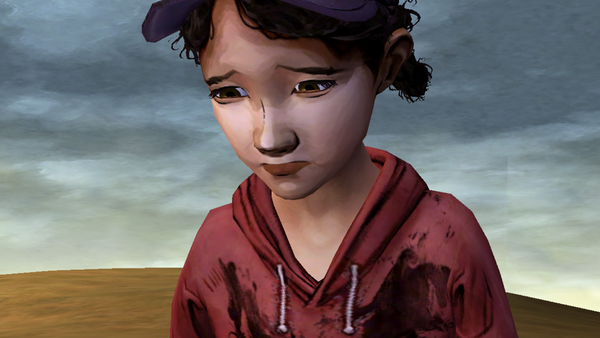Is The Video Game Industry On A Collision Course With Failure?

The term given to when a game developer's candle is being burned at both ends, "crunch" refers to deadlines being tightened, as workers are squeezed to the peak point of inhuman proficiency. Telltale were forced to fire 250 employees to make ends meet after years of working people to the bone in September 2018, but many of them were reduced to figures on a spreadsheet years beforehand.
In both Ubisoft and Telltale's case, game developers are often working flat out, for years, to keep up with the more number-crunched, "objective" side of the business. "Here are the specifications of the latest hardware, we know this formula sells, so go spend time designing gorgeous interiors and dynamic lighting techniques for the graphics crowd. And make sure you recreate this shooter/RPG/loot system. It'll work".
As mentioned, this line of thinking leads to stagnation, and a negative impact on the very thing the industry needs to survive: Creativity.
Playing Forza Horizon 4 reminded me how past generations saw a far wider set of active genres. Back then, the average "triple-A" game development was around 1-2 years, not the 3-5 we have now, allowing for looser budgets, quicker turnarounds, more creative risks and happier developer-publisher combos.
It was commonplace for your average gamer to have played everything from Virtua Tennis to Timesplitters; from Metal Gear to Burnout. You can check our breakdown of "Why Activision Don't Make Games Anymore" below for their side of things, because since then the publisher has zeroed in on which games and mechanics are the most profitable, to a notably soulless degree.
Now, this isn't to say that the business side of artistry is inherently a bad thing. Of course it isn't. Any creative medium needs a monetisable element to sustain, and that harmonious relationship is how gaming became the expressive, escapist juggernaut it is today.
The problems come through the limitations of graphical technology, and the tired reliability on established tropes. The need for mechanical innovation simply can't come, if the biggest developers in the medium aren't given the drive to birth unique gameplay ideas.
Something's got to give.
--
Continued...